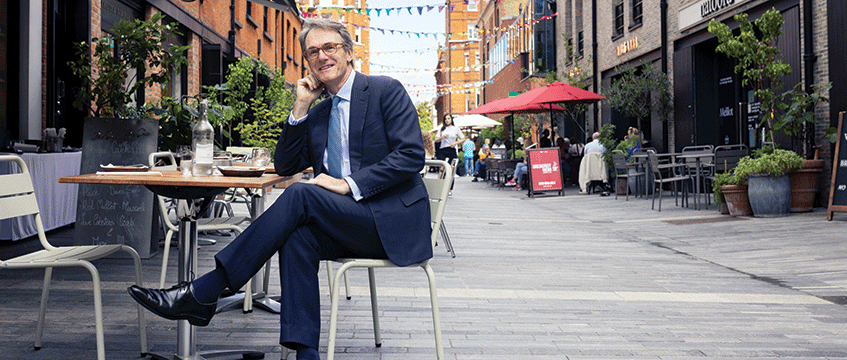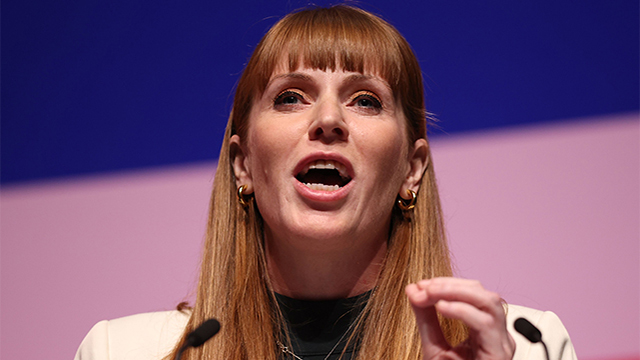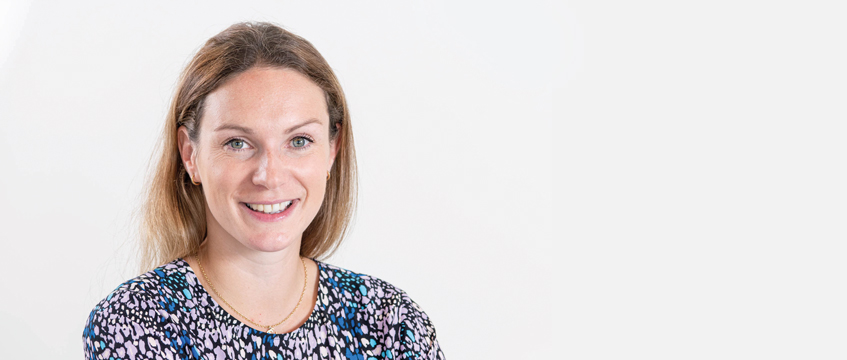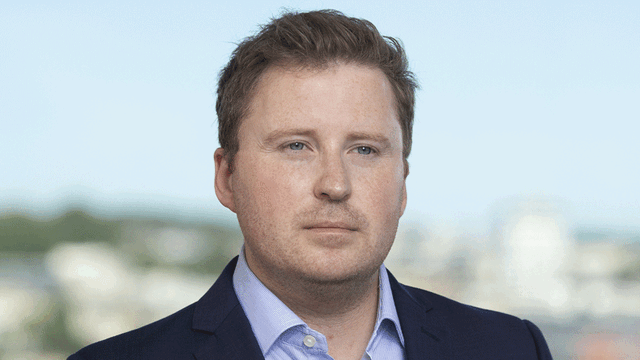COMMENT If I had participated in last year’s Future Leaders cohort, there is every chance that health would have been the furthest thing from my agenda. Working full time with a young family, I was trying to be everything to everyone – phone glued to one hand, using the other to clean the constant torrent of smeared fruit from my handbag, dashing from viewing appointments to GP appointments for yet another dose of toddler hand, foot and mouth disease. The juggle was real.
Back in May of this year I was forced to reassess this. I was expecting my second daughter and at a routine scan appointment we were delivered words that will never leave me: “Guys, I’m so sorry, I can’t see a heartbeat”. Needless to say, the proceeding weeks were lost to shock, grief and trauma. Yet they also offered me the chance to review how I worked, and how to better resource myself going forwards.
Compassion and support
As an industry we understand that the social element of ESG addresses a company’s reputation in society, its relationship within a community, institutions, other companies and other people. The main focus is on its outwards impression, and while strong ESG strategies help to build a healthier and more inclusive world, a focus on the individual employee and their wellbeing is still largely missing from evaluations of social good.
At the heart of any company is its people – the most important asset. By adding an H for health to ESG, creating ESHG, we can make sure the conversation stays not only relevant, but an important and fundamental quality of any business. It was documented in Forbes recently that adding one extra year of healthy life expectancy in the US would have a financial benefit of an estimated $38tn (£31tn). So why wouldn’t we want to increase our activity, our responsibility, our profit and the governance a company has towards equitable health?
Fortunately, I was exceptionally lucky to have been met by my company with compassion and support, and was given options at a time when I was completely ill-equipped to have handled anything in addition to the normal day-to-day running order, let alone in light of such shock. But in reality, each of us are carrying around a unique set of personal and professional responsibilities that we must simultaneously manage and sometimes it isn’t enough to just be “getting by”. We must get ahead of the curve.
Committing to ESHG
According to The Workforce Institute, 74% of employees surveyed said they are more effective at their job when they feel heard, meaning it is essential that any superior/team leader/manager has an obligation to support team members inbuilt into their very job description, beginning from a place of empathy.
Consistent, trained effort is required to connect and to understand what matters to their colleagues’ wellbeing.
When I speak of health and wellbeing I mean emotional health, mental health, physical, social, financial and intellectual. To attract the best talent pool coming forwards, Gen Z is not just desiring support programs, perks and complimentary packages – it is expecting them.
It was reported by the Global Health Equity Network that while three-quarters of those surveyed on ESHG agreed that health equity should be integrated, one of the top two barriers identified was a lack of standardised measurement. Completely understandable. We haven’t been quantifying it so far, so how would we have been able to measure it?
Health is much like the climate change movement was a decade ago, and right now we are facing an energy crisis of a different kind. Employers, this is our opportunity to contribute to levelling up. What opportunity might there be to differentiate your organisation from the competition by advancing health equity? Let’s starting investing, prioritising and making sure health remains top of our agenda. And employees, please don’t let health be the last thing you address. Let’s put the heart, humanity and the health back into this industry.
Charlotte Paton is an associate director at Savills











